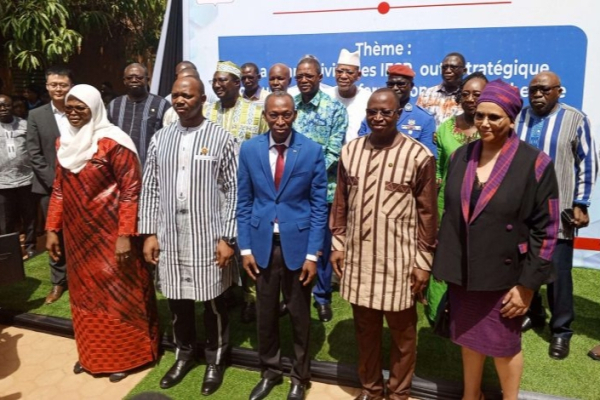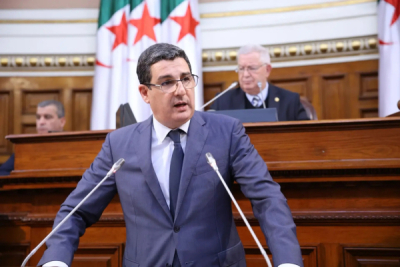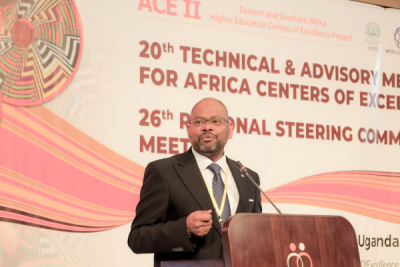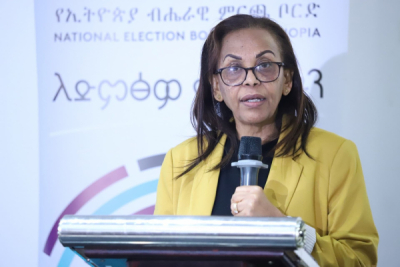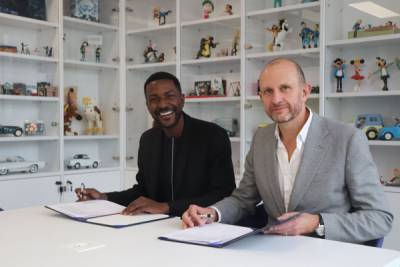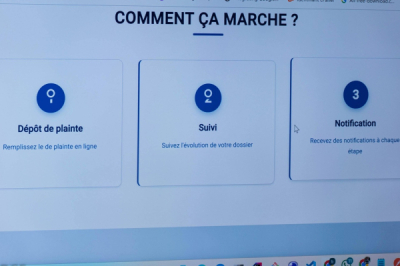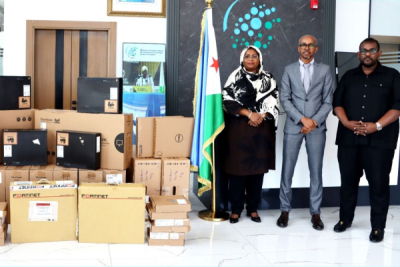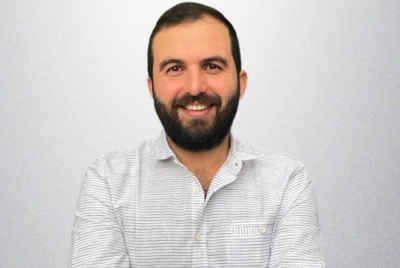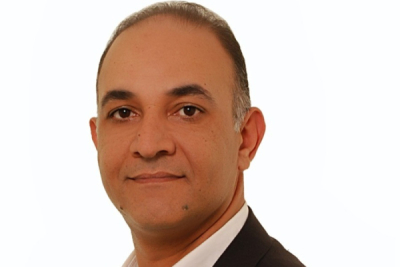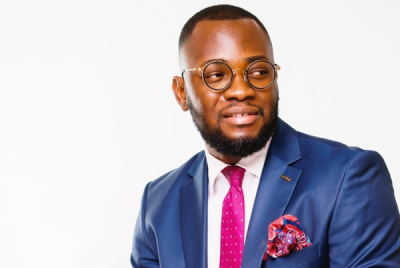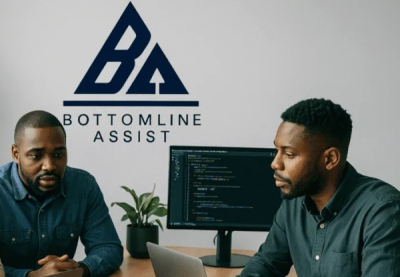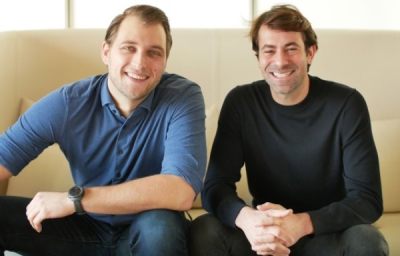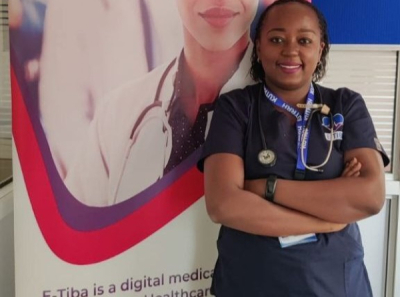The Burkinabe government aims to accelerate digital transformation and make it a cornerstone of socio-economic development. However, it must first ensure widespread Internet access across the country, including homes, government offices, hospitals, and schools.
On Friday, June 14, Burkina Faso launched high-speed internet connection for nine out of ten higher education and research institutions (HERIs). The $6.2 million project was financed by the World Bank and implemented with the technical assistance of the mobile operator Orange Burkina Faso.
"We provided the Ministry of Higher Education with IT equipment, including Wi-Fi devices installed in the nine HERIs," said Nafy Silué Coulibaly, CEO of Orange. "We also worked to connect the various buildings [174 in total, Ed.] with very high-speed fiber connectivity, and trained 29 engineers who will ensure the monitoring and maintenance of the entire system for the sustainability of the project."
The project launch follows President Ibrahim Traoré's meeting with the academic community in January 2023, which focused on the challenges plaguing the country's universities and education system. The Burkina Faso head of state instructed Adjima Thiombiano, Minister of Higher Education, Research, and Innovation, to equip the country's HERIs with high-speed internet.
According to Mr. Thiombiano, providing high-speed internet in Burkina Faso's public universities will help expand e-learning by facilitating access to online information and educational resources. It will also foster collaboration and knowledge exchange among stakeholders, improve students' digital skills, and stimulate innovation and creativity.
Furthermore, this initiative is part of the digital transformation drive in which the Burkina Faso government is engaged. The government aims to introduce digital technology in all sectors to make it an instrument of societal transformation and socio-economic development.
Isaac K. Kassouwi


